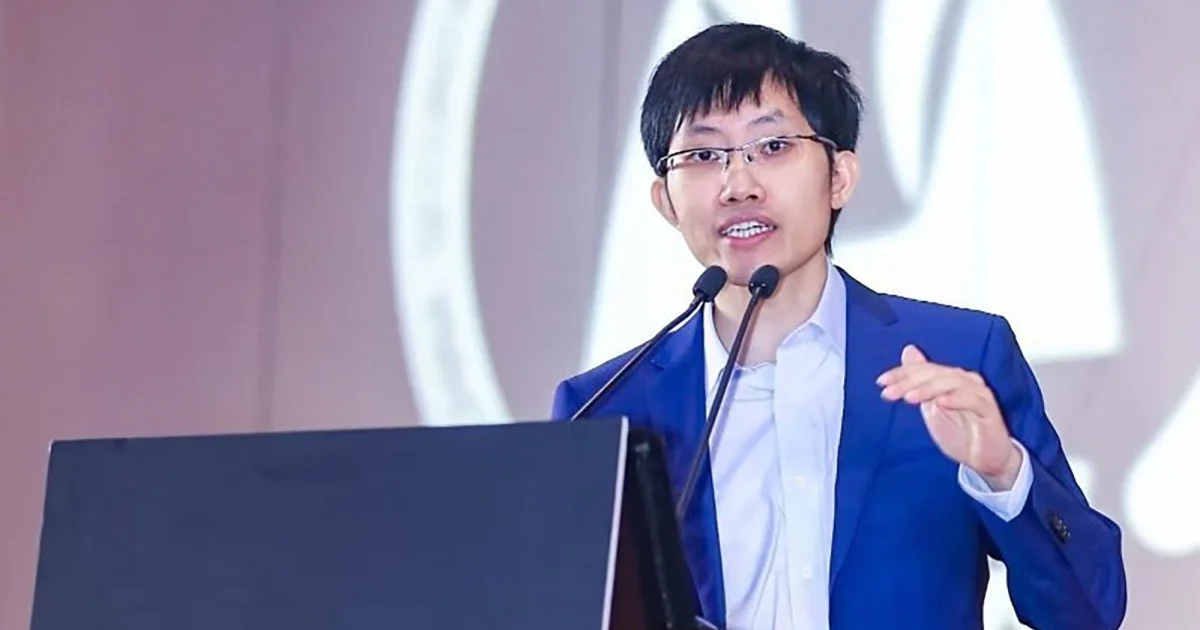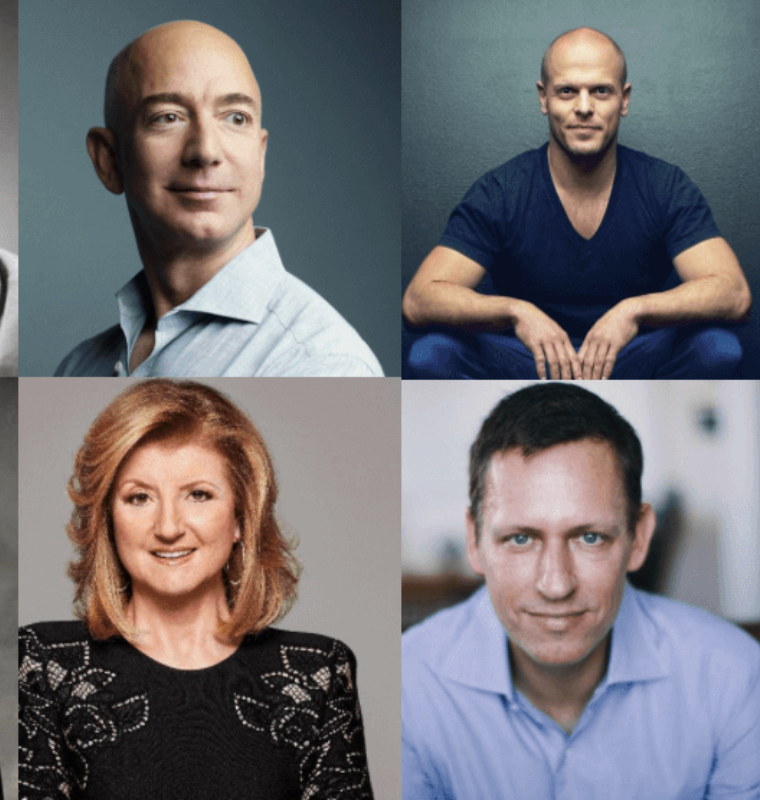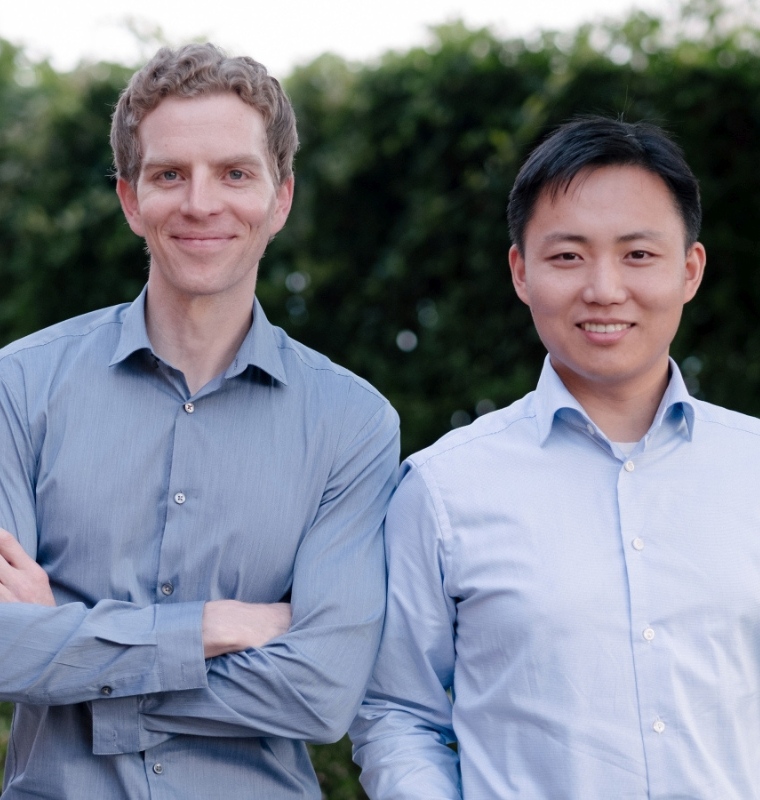From Didi Fallout to DeepSeek's AI Rise: Why Global Investors Are Pouring Back Into China’s Tech Scene
From Didi Fallout to DeepSeek's AI Rise: Why Global Investors Are Pouring Back Into China’s Tech Scene
By
Rachel Steinberg
Last updated:
July 17, 2025
First Published:
August 3, 2025

Photo: South China Morning Post
Global Capital Eyes China's AI Surge After Years of Retreat
Foreign investors are cautiously returning to China’s tech sector, drawn by a combination of AI-driven innovation, a resurging Hong Kong IPO market, and renewed signs of support from Beijing. After years of regulatory crackdowns and geopolitical tension, the venture capital (VC) ecosystem is beginning to see a thaw.
Much of this renewed interest is being driven by early-stage opportunities in artificial intelligence, such as emerging firms like DeepSeek, alongside demand for shares in private giants like ByteDance.
Dollar Funds Make a Comeback
In a significant shift from the past two years, Chinese venture capital firms are once again raising U.S. dollar-denominated funds. For a while, many had to rely on local yuan-backed investors due to capital flight restrictions and foreign skepticism post-2021.
Now, that tide is turning.
- BAI Capital, based in Beijing and backed by Bertelsmann Group, began raising a new $800 million U.S. dollar fund in February. It plans to close its first round by September 2025.
- Future Capital Discovery Fund, an early investor in Li Auto, raised a record $210 million for a U.S.-dollar flagship fund in the second half of 2024.
“When a fundraising window opens, you must seize it quickly,” said Mingming Huang, founding partner at Future Capital. “We used to raise capital every few years — now we need to stay tuned to macroeconomic signals, especially geopolitical shifts.”
These funds target sectors like AI agents, semiconductors, and hardware, with money coming from sovereign wealth funds, university endowments, and family offices across the U.S., Europe, the Middle East, Japan, and Southeast Asia.
A Difficult Road Back: The Didi Legacy
This optimism follows a rough chapter for China’s venture landscape, particularly after the Didi Global IPO fiasco in June 2021. Didi's decision to list in New York despite government warnings on data privacy sparked intense backlash.
The fallout was severe:
- Beijing introduced stricter rules on overseas listings.
- Washington increased scrutiny of U.S. capital flowing into China.
- Cross-border fundraising nearly froze.
- Leading investors like Apple, SoftBank, and Sequoia — who were all Didi backers — saw their strategies disrupted.
In 2023, Sequoia Capital China split from its U.S. parent, rebranding as HSG. Other firms like GGV Capital and Matrix Partners also restructured their Chinese divisions into Granite Asia and MPCi, respectively.
From Fundraising to Secondaries: The ByteDance Effect
Today’s investor strategy is evolving. Instead of relying solely on VC fund managers, limited partners (LPs) — particularly in Europe and the Middle East — are buying direct stakes in high-growth private firms like ByteDance and Xiaohongshu.
“These deals, known as secondaries, offer liquidity and are nearly as tradable as public shares,” said Hope Xu, founder of Density 590 and a former VC at Source Code Capital.
- ByteDance, the Beijing-based parent of TikTok and Douyin, saw its valuation soar from $245 billion to $340 billion in just six months.
- Demand for ByteDance shares remains high despite U.S.-TikTok divestiture concerns.
- Douyin recently surpassed JD.com to become China’s second-largest e-commerce platform by gross sales.
ByteDance also launched AI products like the chatbot Doubao and agent platform Coze, making it a tech juggernaut across multiple verticals.
Xu compares investing in ByteDance to buying an AI-focused ETF, offering diversified exposure to China’s AI boom with reduced startup risk.
Tencent, Hardware Bets, and Global Reach
Another giant, Tencent, is doubling down on AI:
- It's investing in new AI models and applications.
- It reported a fivefold jump in joint venture profits, from 5.8 billion yuan to 25.2 billion yuan over the past year.
Chinese firms like Tencent are not just betting locally—they're expanding their AI portfolios globally, making them attractive to foreign LPs looking for resilient exposure despite the U.S.-China tech rivalry.
BAI Capital, for example, has already invested in 10 companies expected to go public within the next two years. It also has an eye on international markets:
- Half of its $800 million fund will back China-based startups looking to expand globally in fintech, AI, entertainment, and logistics.
- The other half will focus on consumer, healthcare, and deep tech plays within China.
BAI also backed Stori, a Mexican digital bank now serving 3.6 million credit card users and 2.4 million depositors, showcasing China’s ambition to ride tech growth beyond its borders.
Hong Kong IPO Boom Adds Fuel
Adding to the momentum is Hong Kong’s IPO resurgence. The Hong Kong Stock Exchange recently hosted its busiest day for IPO and ETF launches, signaling that global liquidity is returning to Chinese-linked assets.
This resurgence has helped lift the Hang Seng Index by over 20% year-to-date, outpacing many Western exchanges. Analysts say the combination of AI innovation, tech resilience, and China’s export dominance still offers unmatched investment potential.
“While China’s spectacular export engine is slowing, demand for goods from its advanced manufacturing sector remains robust,” said Louise Loo, head of Asia economics at Oxford Economics.
Final Thoughts: Is China’s VC Market Back for Good?
The return of foreign capital, dollar-denominated VC funds, and global interest in China's tech giants suggests a cautious revival of the country's startup ecosystem. But uncertainty remains. The U.S.-China geopolitical landscape, regulatory risks, and market sentiment could still shift.
Still, as Beijing pushes for AI leadership and opens its capital markets wider, foreign investors are starting to take notice again — not just of where China’s been, but where it’s going.
The road from Didi to DeepSeek is rocky, but for global capital chasing the next wave of tech disruption, China is firmly back on the radar.
Popular articles
Subscribe to unlock premium content
Bolivia How Lithium Mining Policies Are Positioning It as the Next Global EV Battery Hub

Naval Ravikant The Angel Investments That Quietly Made Him a Multimillionaire

Rising From the Rubble Lessons From Billionaires Who Failed 10 Times Before Success

Bolivia How Lithium Mining Policies Are Positioning It as the Next Global EV Battery Hub

Naval Ravikant The Angel Investments That Quietly Made Him a Multimillionaire

Bolivia How Lithium Mining Policies Are Positioning It as the Next Global EV Battery Hub









